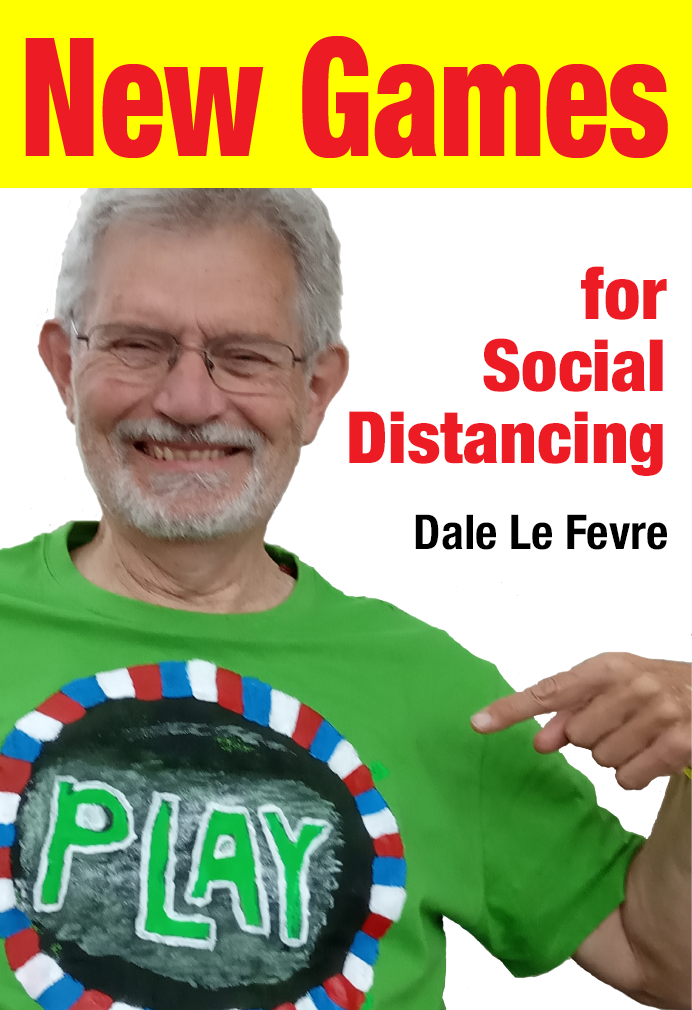
Agreeing an ‘overall truth’ applicable to all settings is not possible on such a small scale. However findings showed a small but significant benefit was gained by the target group who were involved in the New Games Approach. As a whole, the target group showed an improvement in their stamina over the period of the programme; this improvement was more marked in target group boys who did better than control group boys.
Using a range of questions for pupils to assess their feelings on a range of issues looking at self esteem and their relationships with others, the largest change for the control group seemed to be that they were less inclined to ‘share their feelings with those closest to them’ than the target group who played New Games.
Teachers were asked to comment on classroom behaviour as a result of the programme. Class teachers reported that cooperation was ‘Much better’ as a result of the programme.
The most significant benefits were noticed in relation to individuals. Examples include an overweight pupil who at the end of the study was more active, better involved with their peer group and more willing to join in active games sessions. Another pupil was assessed to have a ‘more positive attitude toward others and more willing to talk about problems’.
Overall it may be concluded that in this setting, compared with a traditional games session, the New Games approach was better at improving stamina of children as a whole, and was better integrating minority groups and children who were more overweight into their social group. These findings were consistent with those of Mackett (2004) who showed that children who are enjoying their physical activity were more willing to do it and for longer than children doing traditional sporting games. The additional benefits of play for social interaction and friendliness have long been reported anecdotally by teachers and other children’s work practitioners.
The complete study report can also be downloaded here:
Perry Else (with Dale Le Fevre and Claire Wolstenholme) 2010. Everybody In: A report on the application of New Games in a school setting. Sheffield Hallam University
You are welcome to use this report provided that reference is made to the full report and attributed clearly.


 New Soccer
New Soccer New Fully Printed Earthball
New Fully Printed Earthball New Games For Social Distancing
New Games For Social Distancing Complete Cooperative New Games (DVDs or Downloads)
Complete Cooperative New Games (DVDs or Downloads)
Follow Us